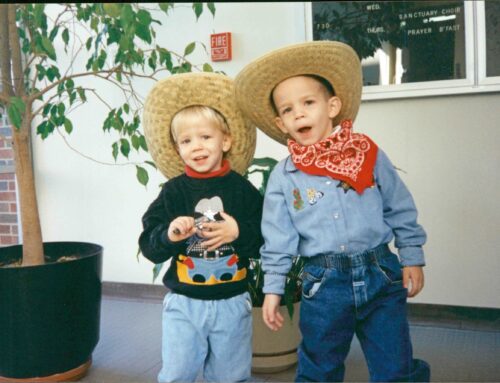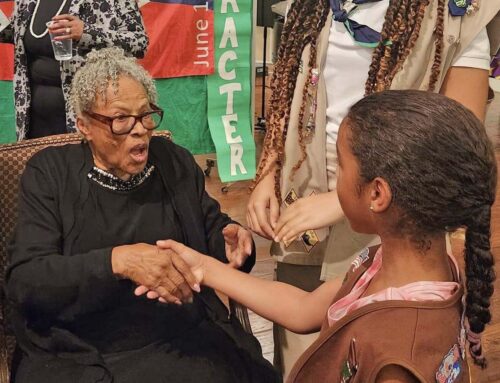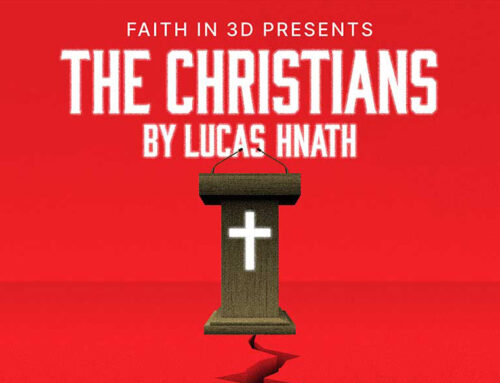“In fourteen-ninety two Columbus sailed the ocean blue.” Those words still inspire spirits that won’t be stilled.
Alas, though, Columbus Day has lost its cultural cache. It’s gone the way of Washington and Lincoln’s birthdays. We once paused as a nation to remember the explorer who set the stage for Pilgrims and pioneers, who braved the unknown and made a land we could sing about as America the Beautiful.
I know; it’s true: Native Americans were here first, and the land didn’t need our improvements to make it song-worthy. Columbus and those who followed him brought European diseases that infected the hearty hunters and gatherers who weren’t dreaming of new neighbors who would settle their land and kill off their culture. We’re rightly chastened over the brutal and blatant disregard for North America’s indigenous population during those years (and even now).
Children have a way, though, of harshly criticizing their parents before they have their own children with whom to make their own mistakes. Enlightened generations always seem bent on portraying their forebears in a bad light. One hopes we have progressed beyond our bloodthirstiness.
But have we really? I mean, how different is Wall Street greediness from Conquistador goldlustiness? The point of pointing out the sins of our fathers should be that we more clearly see our own bent toward sin and avoid it, rather than judging ourselves morally superior while concealing our own foibles.
Losing a Columbus consciousness deprives us of the adventurism that ignites imagination and incites innovation. People who cultivate a Columbus mindset set out to discover new worlds. They don’t settle for “what is” when “what might be” awaits exploring.
Columbus faith doesn’t reject the received wisdom of the past; it makes it fresh by testing and trying it.
The great Italian dreamer didn’t question that God created the world, but he wanted to see what was at its farthest reach. The sea monsters cartographers drew at the edges of the known world didn’t dissuade him. He feared not going there more than he feared going there, because faith made him courageous and curious instead of safe and sound.
Was Columbus motivated by gold and glory? Maybe so, but godly ambition is seldom undiluted. He was also animated by a faith that wouldn’t settle for settled flat-world thinking. His faith moved him to question and quest.
Faith is a departure port, not a dry dock. Ships are meant to sail the open seas, not remain moored in the harbor. Likewise, when all we do is repeat formulas of faith without ever testing them against the winds of time, we never know whether they will be sails to propel us somewhere thrilling or anchors that will drag us and hold us back.
To say that the Bible is our authority doesn’t mean we only do what prophets and apostles did in their day; it means we do likewise in our day what is called for by our faith now. We take up the role of prophets and apostles ourselves, drawing upon their courage and candor to bring the ways and means of God to bear in our times.
Prophets interpreted Moses and apostles Jesus. They kept one eye on the past and one on the future, but what was coming to pass was always more to them than what had passed.
Faith tilts toward the future. It pushes forward. Fear does the opposite: It grips the past as if salvation is found by going backward. Faith, someone has said, is walking to the edge of all the light you have and taking one more step.
In the spirit of Columbus, faith is sailing to the edge of all the maps that guide you and steering amidships, full-steam ahead. It’s trusting that God is waiting for us in the new world ahead more than in the old world behind.
George Mason is pastor of Wilshire Baptist Church. This column is a regular feature underwritten by Advocate Publishing and by the neighborhood business people and churches listed on the magazine’s “Worship” page. For information about helping support the Worship section, call 214.560.4202.





